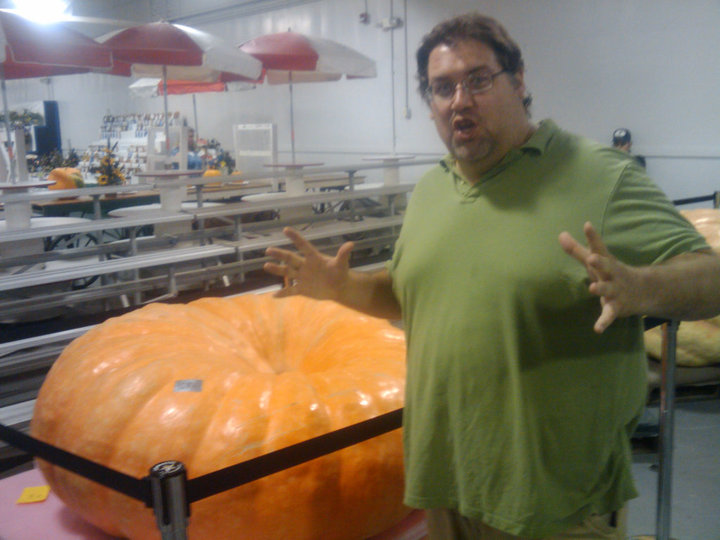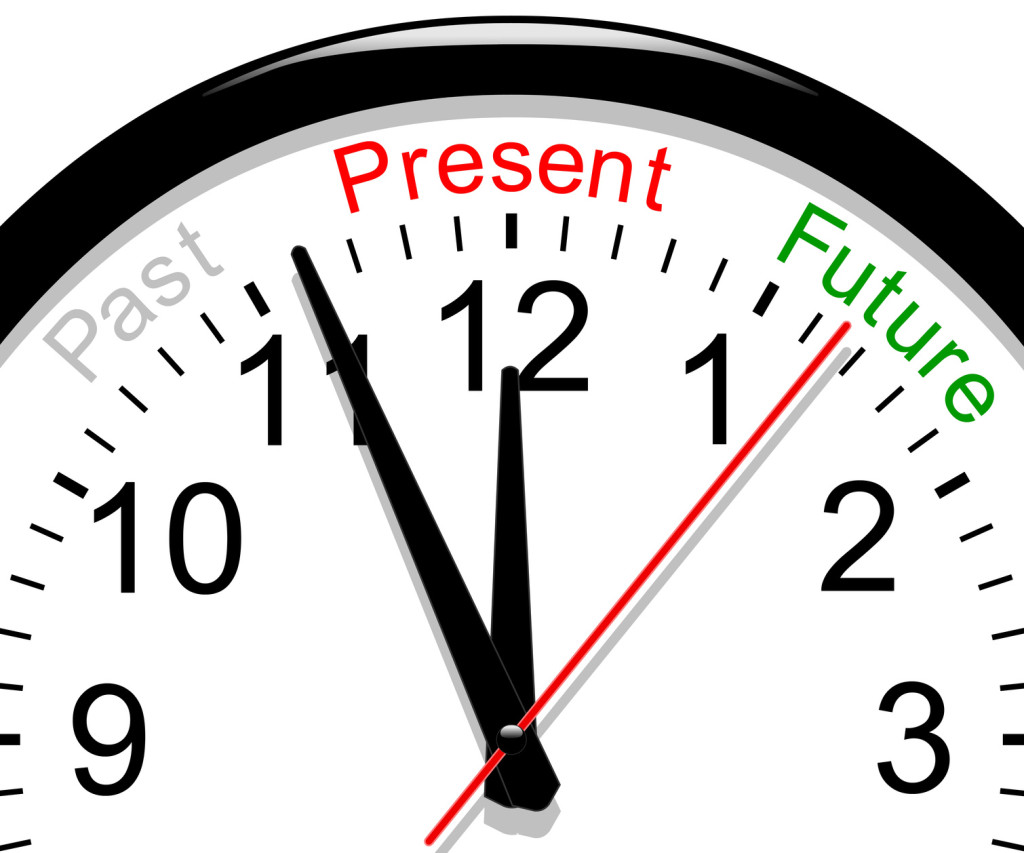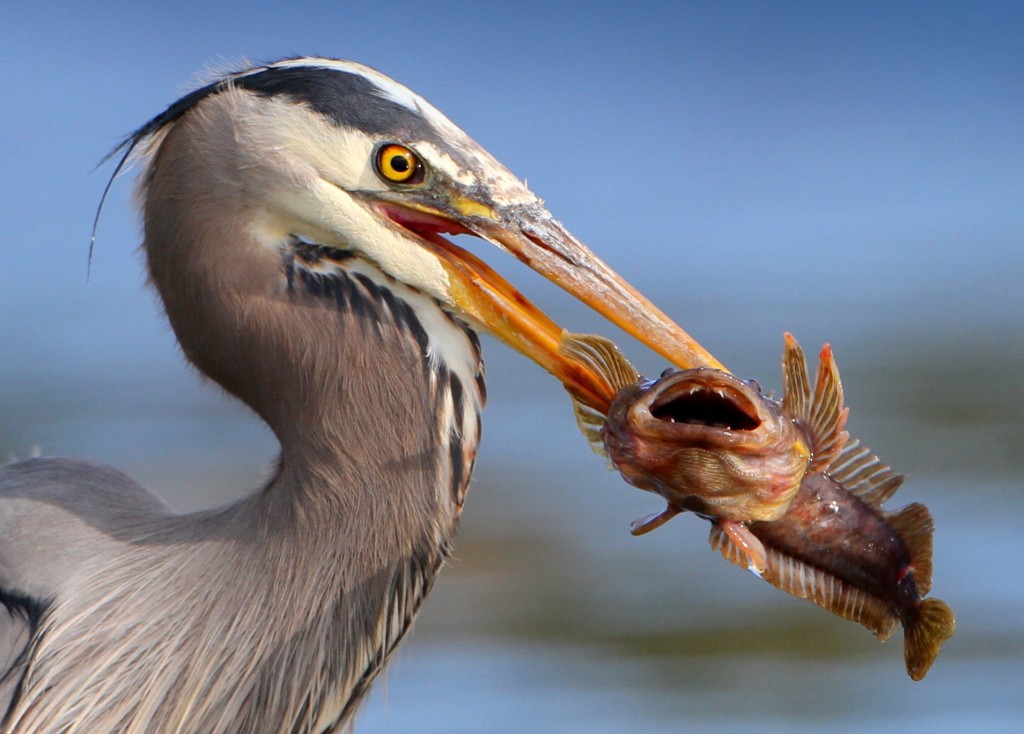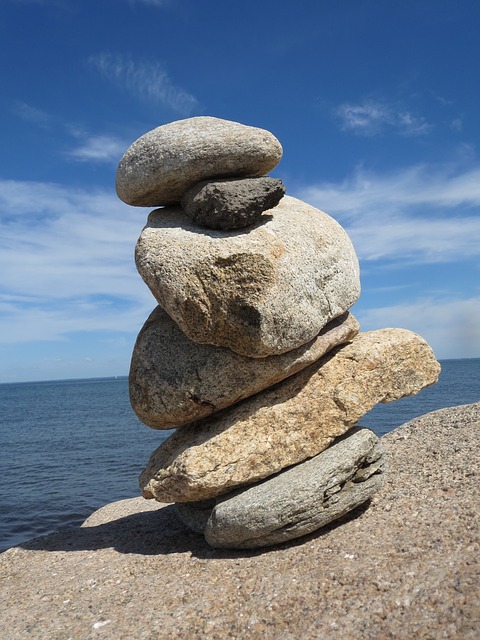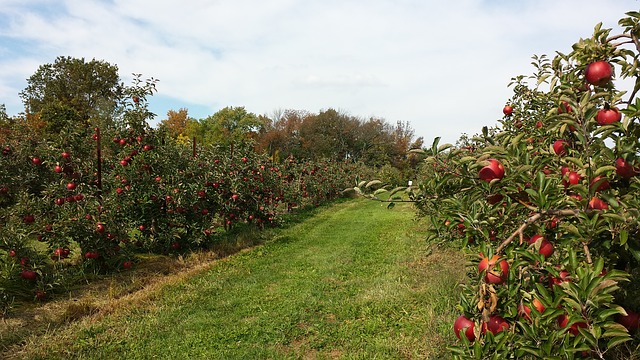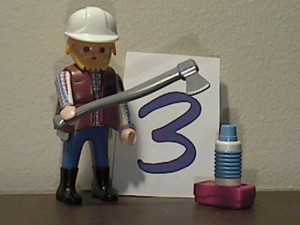Cooperation with others.
Perception, experience, tenacity.
Know when to lead and when to follow.
When we become involved with a fellowship, we must gradually become an integral, organic part of that organization. The relationship will be one of mutual influence: We must carefully influence the collective, and in turn, we will be shaped by the company we keep.
Influencing others requires perception. We need to know when to act, when to be passive, when others are receptive to us, and when they will not listen. This takes experience, of course, and it is necessary to take part in a great many relationships —from our families to community associations —to cultivate the proper sensitivity. In time, there will be moments of both frustration and success, but in either case, a certain tenacity is crucial. If we are thwarted in our initiatives, then we must persevere by either maintaining our position or changing it if a better one prevails. If we are successful, we must not rely on charisma alone, but we must also work to fully realize what the group has resolved to do.
True leadership is a combination of initiative and humility. The best leader remains obscure, leading but drawing no personal attention. As long as the collective has direction, the leader is satisfied. Credit is not to be taken, it will be awarded when the people realize that it was the subtle influence of the leader that brought them success.


